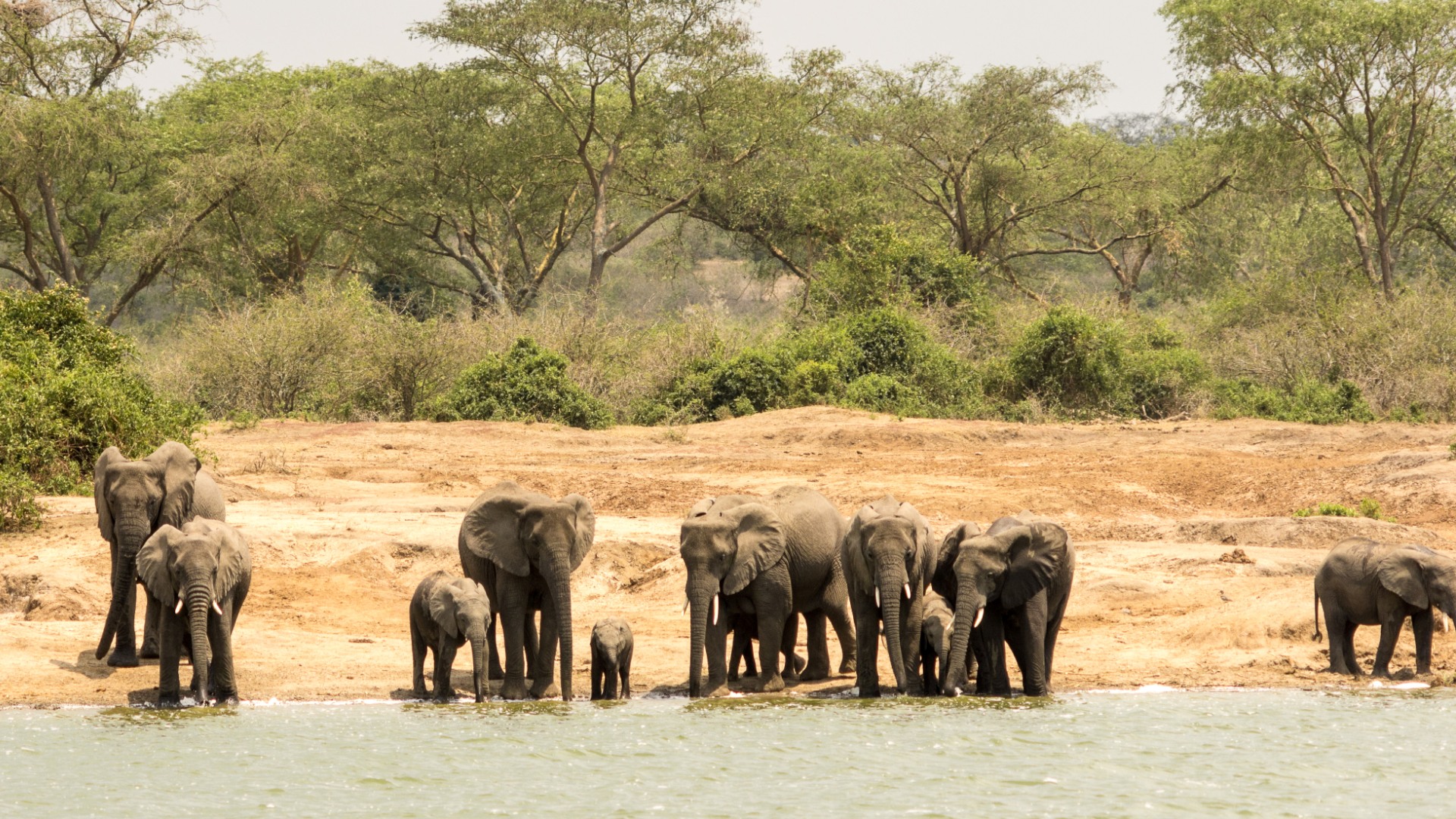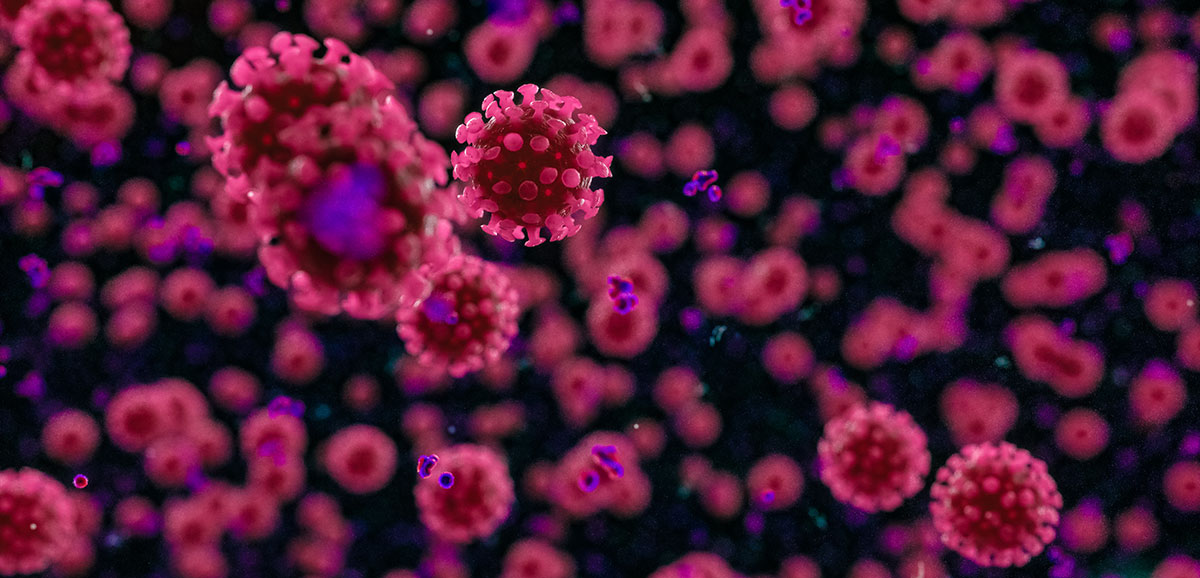It has been unfortunate that the events following the COVID-19 epidemic started towards the end of last year. Since then, the virus has spread through the whole world to most of the countries. We strongly believe that the clients are the main reason why we exist and we care about the health and safety of their wellbeing. In this matter, we are closely monitoring the impact of Coronavirus (COVID-19) on both travelers and the general travel industry and we will keep you updated as the events unfold.
With the swift turn of events and unprecedented occurrences, our hearts are with those that have lost their family members and their loved ones due the Coronavirus. Here are the frequently asked Questions about COVID-19.
Are there cases of Coronavirus in Uganda?
As of the 17th March 2020, Uganda has not had any conformed case of COVID-19. In other counties where we operate including Rwanda, unfortunately there has been 5 cases confirmed and extra measures have been taken to make sure that the country, its citizens as well as people coming into the country are safe.
Is it safe to travel to Uganda?
As much as Uganda is safe and still free from Coronavirus, traveling to Uganda is still had as some airlines into the country have cancelled the flights and others reduced the frequency. The Ministry of Health in Uganda also issued a statement against entry into the country for any persons from the Category A countries (that that have had

Can Green World help us to travel?
Green world Safaris will keep you informed about the turn of events regarding the COVID-19. Check on this page as well as our Social media pages for updates.
Should I cancel my trip to Uganda?
Green World Safaris has been working with its partners including the Hotels in Uganda and Rwanda and some measures have been taken to ensure safety of clients until the situation has changed. There is no need to cancel your trip to Uganda and Rwanda, we however recommend that you postpone the trip that can be extended up to 12 months without any extra changed applied.
What can I do to stay safe?
The WHO recommends practicing good hygiene to protect yourself against infection —
- by washing your hands frequently with soap or alcohol-based sanitizer,
- maintaining distance between yourself and anyone who is coughing or sneezing, and avoiding touching your eyes, nose and mouth.
- If you become sick, please seek medical attention quickly.
Green World Safaris in this effect ensures that all information necessary is provided to the clients before and during the travel.
Is there a vaccine?
According to the Centers for Disease Control (CDC), there is currently no vaccine to protect against COVID-19. The best way to prevent infection is to take everyday preventive actions, like avoiding close contact with people who are sick and washing your hands often.
Is there a treatment?
There is no specific antiviral treatment for COVID-19. People with COVID-19 can seek medical care to help relieve symptoms.
About Coronavirus (From WHO)
Coronaviruses (CoV) are a large family of viruses that cause illness ranging from the common cold to more severe diseases such as Middle East Respiratory Syndrome (MERS-CoV) and Severe Acute Respiratory Syndrome (SARS-CoV).
Coronavirus disease (COVID-19) is a new strain that was discovered in 2019 and has not been previously identified in humans.
Coronaviruses are zoonotic, meaning they are transmitted between animals and people. Detailed investigations found that SARS-CoV was transmitted from civet cats to humans and MERS-CoV from dromedary camels to humans. Several known coronaviruses are circulating in animals that have not yet infected humans.
Common signs of infection include respiratory symptoms, fever, cough, shortness of breath and breathing difficulties. In more severe cases, infection can cause pneumonia, severe acute respiratory syndrome, kidney failure and even death.
Standard recommendations to prevent infection spread include regular hand washing, covering mouth and nose when coughing and sneezing, thoroughly cooking meat and eggs. Avoid close contact with anyone showing symptoms of respiratory illness such as coughing and sneezing.

